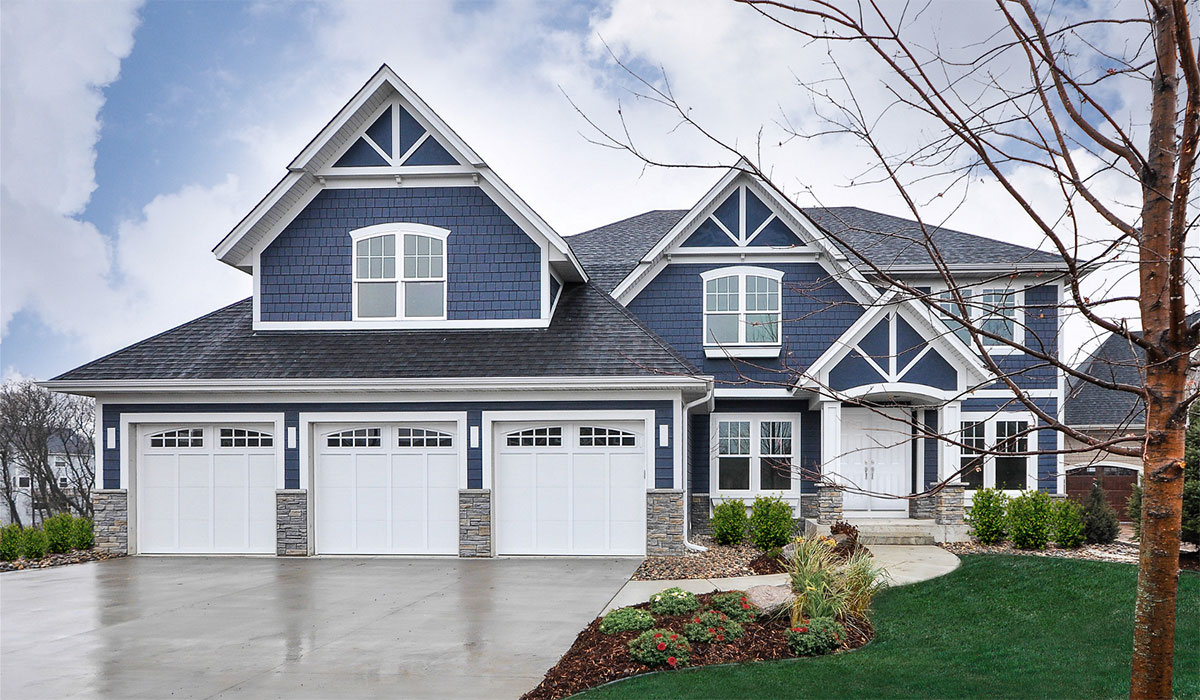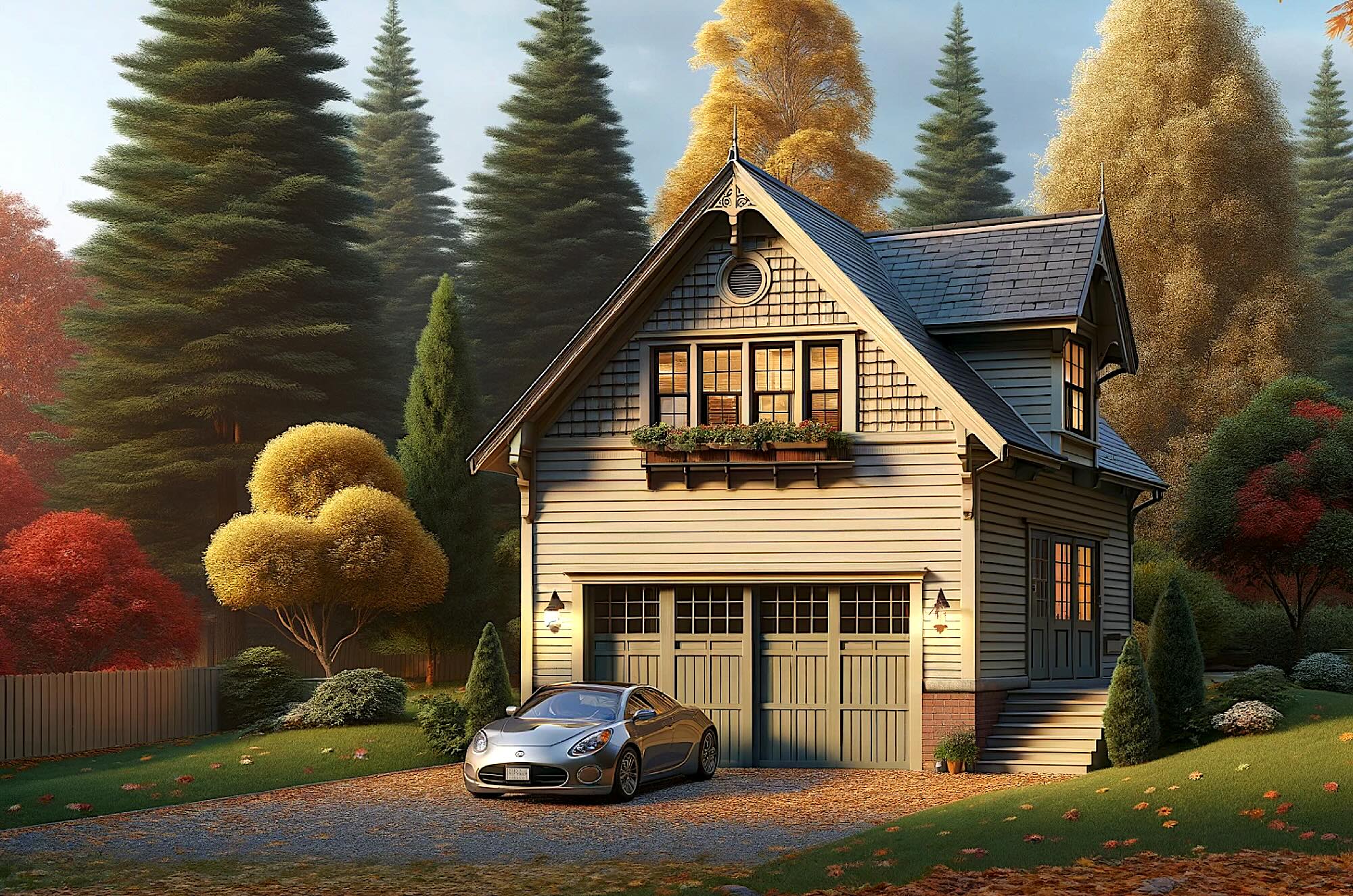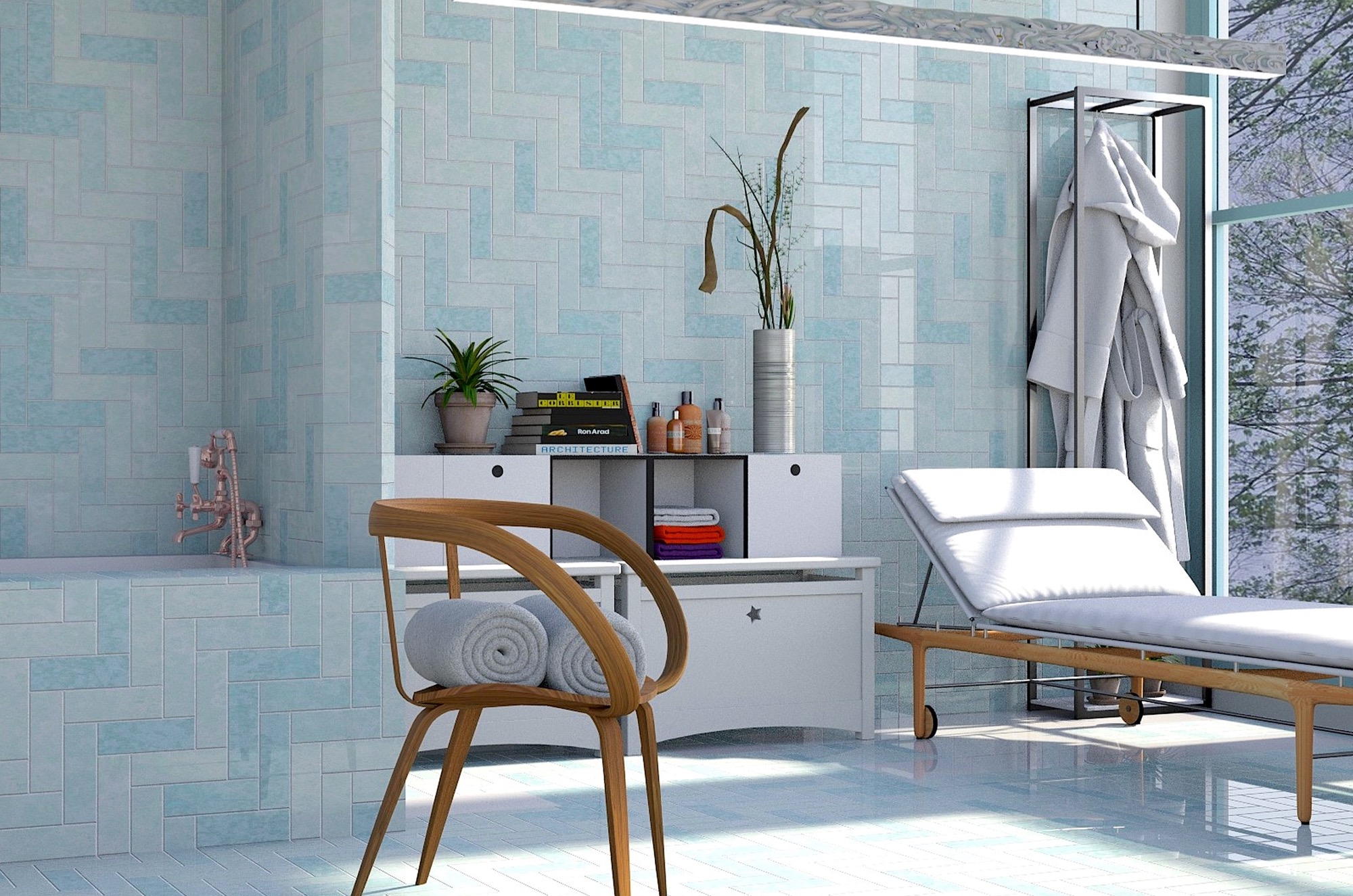September brings cooler nights, warmer clothes, and the beginning of autumn fun such as mountain biking the local trails around Invermere or late season golf. It’s also the time of year for end-of-season home maintenance and inspections. It’s important that the systems in your home are ready for winter, not just the major infrastructure, but also the details. This simple list will get you started on maintenance or get ready for a home inspection.
Cracks in pavement and asphalt driveways can lead to moisture from rain and snow freezing in the gravel bed under the cement. Freeze and thaw cycles cause pavement to heave and create tripping hazards. Major heaving can cause sidewalks to tilt and driveways to collapse. Both of these are expensive, yet avoidable repairs. A little bit of prevention now will save money later. Choose a good caulking recommended for the type of surface to be repaired. To obtain good adhesion, be sure to vacuum the crack to remove any gravel or plant material before starting.
Inspect the siding for gaps, rotten or warped areas, and cracks between boards which can form when hot weather dries the wood. If you have vinyl siding, check that the interlock function is working: look for wavy panels and give them a firm push upward to relock the joints. Vinyl siding can be washed with a pole and brush while wood siding cleans up nicely with a pressure washer. After cleaning the siding, apply caulk where needed to seal the envelope from rain and driving snow. Do not caulk the seams of vinyl siding: it is designed to contract and expand as a system.
Test faucets and toilets for leaks, drips, and general smooth operation. Home improvement stores sell parts for all makes and models so there is no need to replace the entire tap set. Replace washers in faucets with a new, quality o-ring or cartridge. Inspect the base of the toilet for discoloured vinyl flooring and mildew smells. If you see either of these, you will need to replace the wax or foam gasket. Test the flush mechanism. A toilet that flushes by itself usually just needs a new flapper valve. If you haven’t already, consider replacing all the vinyl water lines to taps, dishwasher, washing machine, and ice-maker with braided stainless steel. It’s stronger than vinyl and will prevent a blow-out and flooding. If you’re not sure how to inspect or repair these things, call a local Invermere professional to help.
Check windows to ensure smooth operation and a tight seal against air leakage. Foggy, double-glazed windows are a sign that the air space has lost its inert gas. There’s no need to replace the whole window. Many window installation companies and sellers can replace just the double-glazed insert while keeping the frames intact. The cost of this repair is around half the cost of replacement windows. Check for government energy subsidies and grants that might offset some of the cost of upgrading or repairing insulated windows.
Sweep the chimney and clean the wood stove or fireplace insert. Pretty soon it will be heating season and a cheerful fire will be safer with a clean chimney. Creosote and soot can build up in the chimney and liner, creating a potential fire hazard if it were to catch fire. A clogged chimney can push exhaust smoke and carbon monoxide back into the living space. Hire a professional every two years and enjoy a blazing fire with peace of mind.
Change the filter air filter every month during heating and cooling seasons. A clean filter reduces keeps the cleaner and saves energy by reducing load on the motors. The easier they can draw air through the ducts, the more you’ll save on electricity. You might want to hire a professional to clean all the ducts. Over the years, dust, insects, and debris can build up in the ducts, leading to poor air quality even if the filter is clean. Finally, call a certified Invermere or Golden furnace technician to clean and adjust the furnace for safe, continuous operation throughout the winter.





